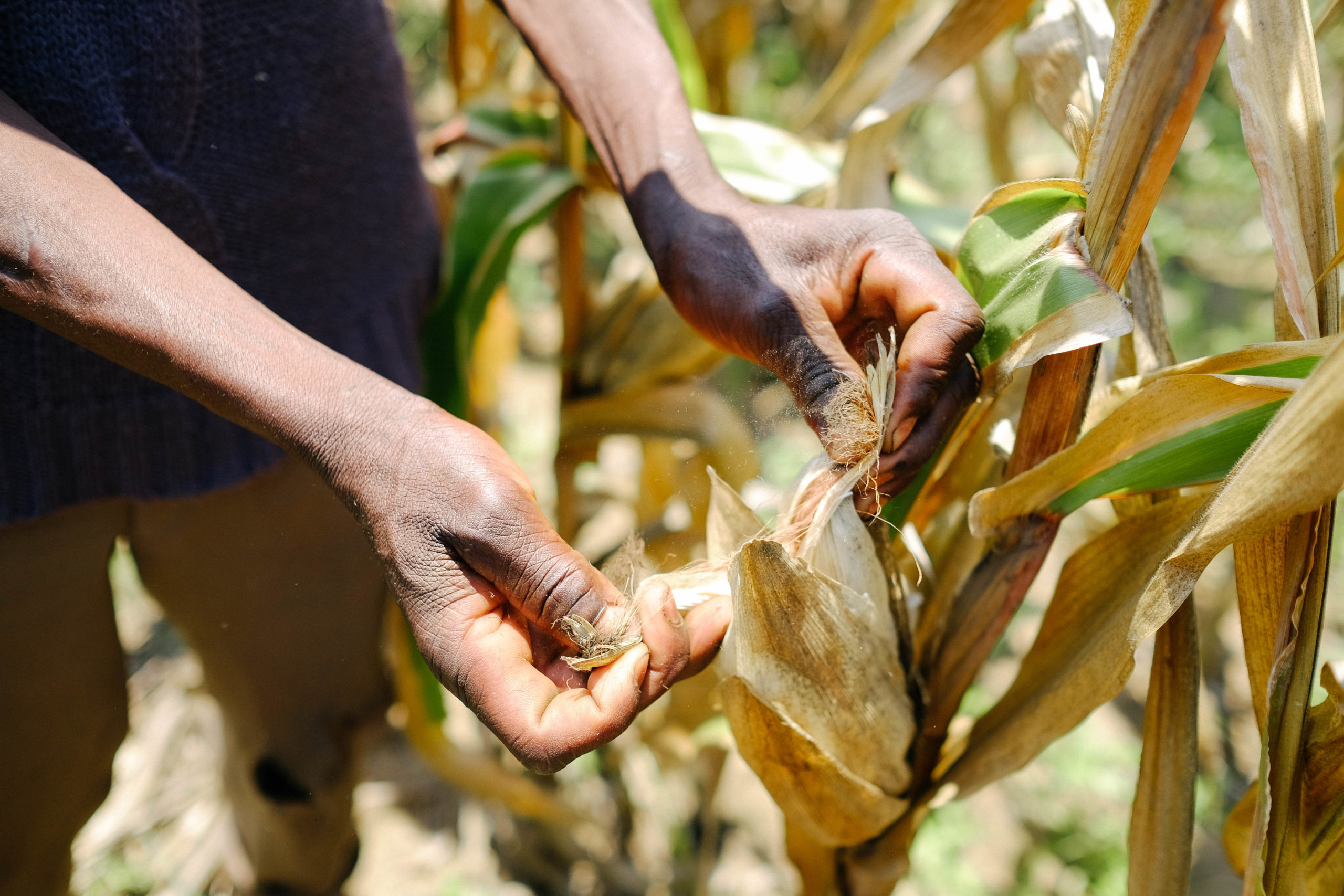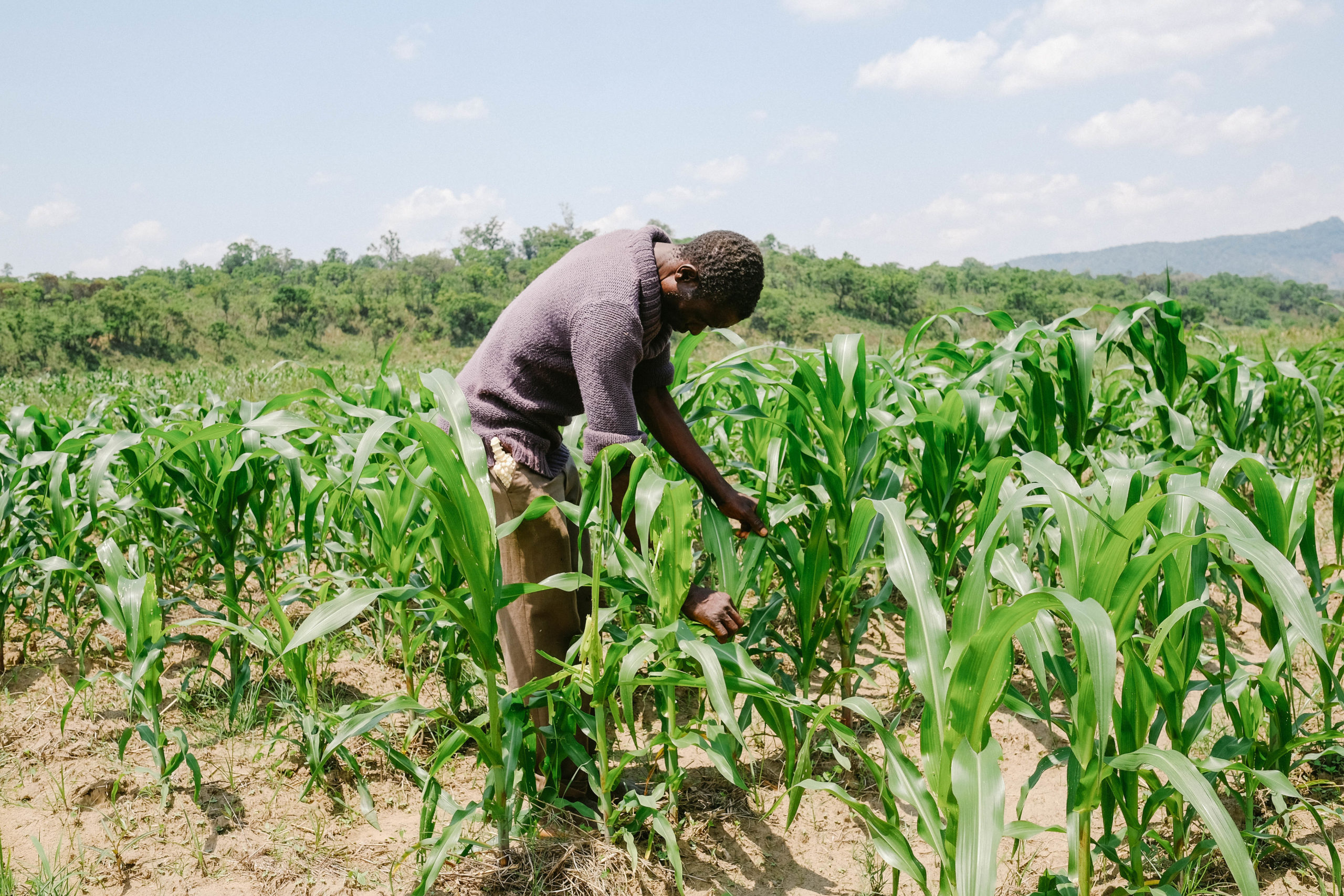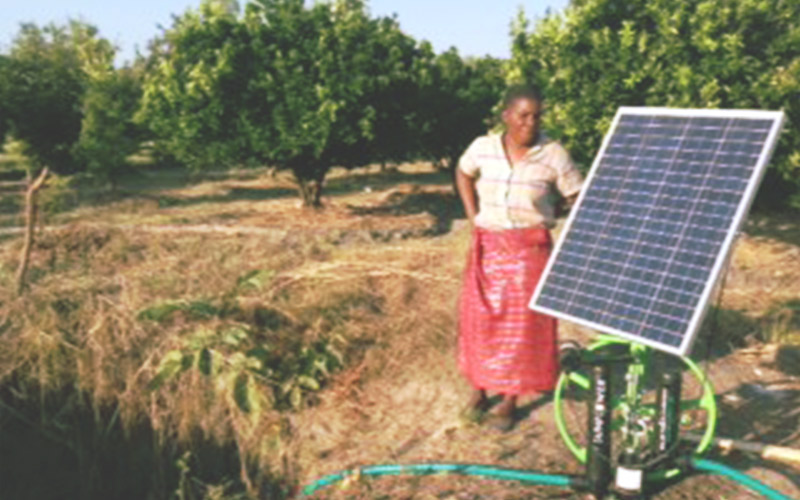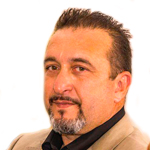Stefano Gaspirini, Country Director of iDE Mozambique, discusses how a farmer association in Mozambique is helping its members to overcome poor market access through more information and better inputs and training.
A severe drought in the Sussundenga district of Mozambique in 1993 had emphasized the need for farmers to have access to a consistent water supply, and the government responded by creating a 3.5km long irrigation canal that directed water from the mountains separating Mozambique from Zimbabwe down to the farmers’ fields. To maintain and care for the canal, the government urged the area residents to join together, leading to the formation of the Murore Irrigation Association.
Although now fortunate to have an abundance of water, the farmer association has not gained much traction in upping its agricultural production over the two decades since. The closest open-air market in Sussundenga is 40km away, along a two-track red dirt road, that takes over an hour to get to by truck, isolating the farmers from potential buyers.
NGOs and seed companies have seen their need, giving them a warehouse building and demonstration plots, but without training and often never returning. At times, these companies subsidized the group’s ability to purchase seeds by covering 70 per cent of the cost, but unfortunately provided no help in identifying a market the group could sell to once the crop was grown.
A disrupted market
To have a free market, both buyers and sellers need to have equal access to information and logistics. Smallholder farmers, living at the last mile, often lack both. Without the time or means to travel to the market, or a mobile phone or radio, they are unable to find out the current price offered for their crops. They also lack trucks to transport their products to the market anyway and public transport is unpredictable.

Caption: Recognizing crop disease and pests is necessary to increase production. Training farmers on this and other farming best practices is one of the roles of the farm business advisor. Credit: Alice Lee / iDE / 2018.
Even if they are able to get to the market, other sellers have already been there hours before and often fulfilled what the buyers wanted, leaving the produce they arrived with to languish and rot. When a buyer does come to their farms, the offer made can be too low to accept. Those few farmers who do have transport options can say no, but others must either accept or decline and watch their crops waste away.
Forging a new value chain
These were exactly the conditions that iDE discovered when they met with the Murore Irrigation Association, made of 65 members, 15 of whom are women. Their situations range from single farmers to families with eight children from nine years old to 22 years old. But most of them shared the same constraint: a lack of easy transportation.
The association has plenty of water but their land has grown “tired” from having been continuously cultivated with maize since the 1980s. To be able to grow quality crops, they need inputs: high-quality, hybrid seeds that are pest-resistant and high nutrient fertiliser. And they need access to a market for their produce, a market that would provide them value for their crops and leave them with a profit to be able to build their farm businesses.
To confirm what he was hearing from the farmers, iDE’s technician, Adolfo Marcelino, chose ten of the association’s farmers to work with initially, reviewing their farming practices and analysing their pain points. Based on this, he established a demonstration plot through the Companhia de Zembe (a seed company) that he would revisit time and again, providing training so that the farmers recognized the signs of under-fertilised plants and ones that had been infected by the armyworm pest. These farmers then trained other farmers in the association.

Credit: Alice Lee / iDE / 2018.
To address the access to markets issue, the president of the association, Paula Fatima Onson was invited to training provided by iDE. Since she has a vehicle, she is able to go to town to purchase seeds for the association at a discount to resell to the association members. While her truck is too small to provide transport to the market, just getting the members the ability to buy quality seeds at a good price is already making a difference.
No field of dreams
While not insurmountable, the challenges faced by the Murore Irrigation Association are difficult. To truly empower the association, they will need to build up their own power through the value chain and while transport would help, the real key may be simply to revitalize their land by accessing things that can help them increase their production.
Adolfo has asked the association if they are willing to form a savings group to collectively save money to buy a truck to support all members. If they can show evidence of their ability to save, iDE may be able to facilitate their application for a microfinance loan. While he talks with them, Adolfo emphasizes that this is not a promise, just a possibility. The days of handouts and subsidies by the government and NGOs have likely ended.
The association understands this. They tell us that they see iDE as a partner, helping them to succeed. Adolfo stresses that this may take some time, but that he wants them to succeed and will be there to help them along the way.



